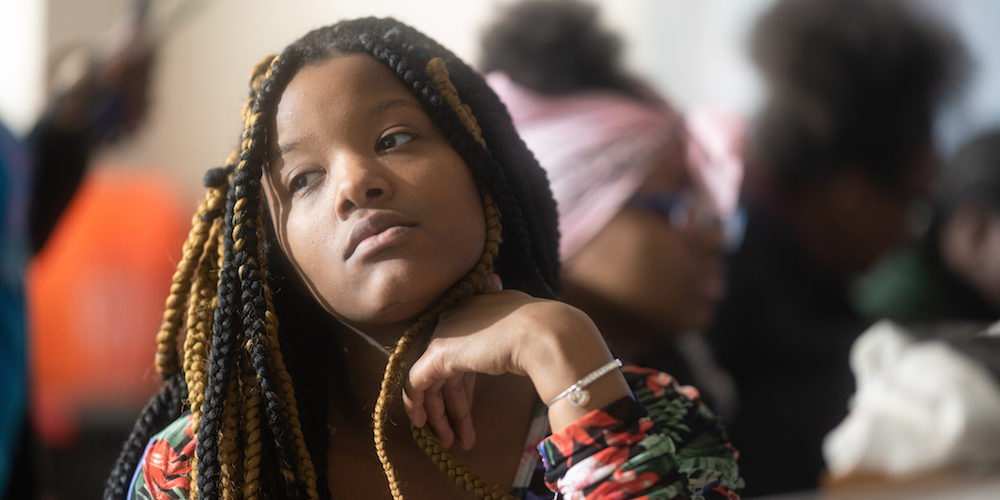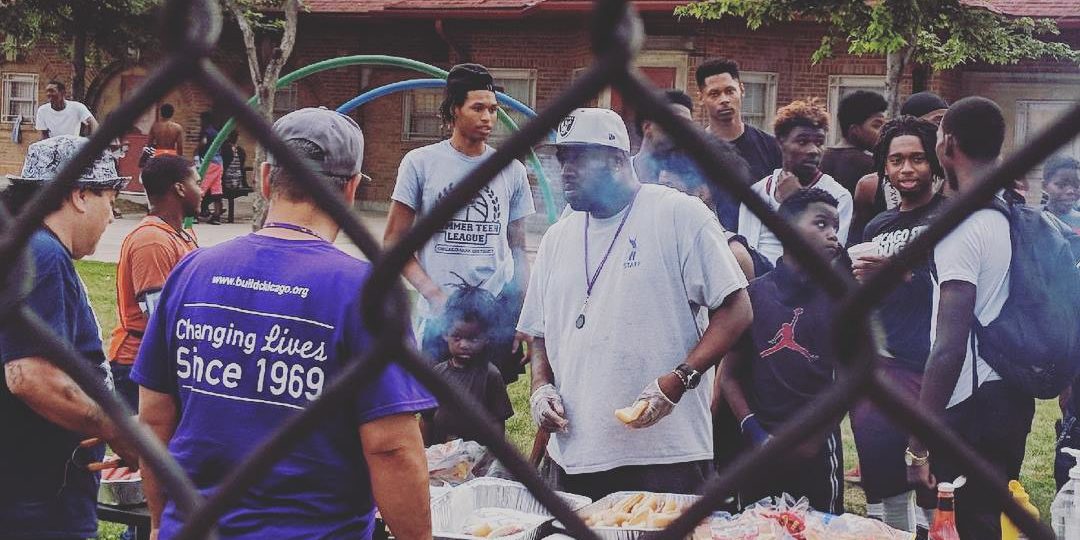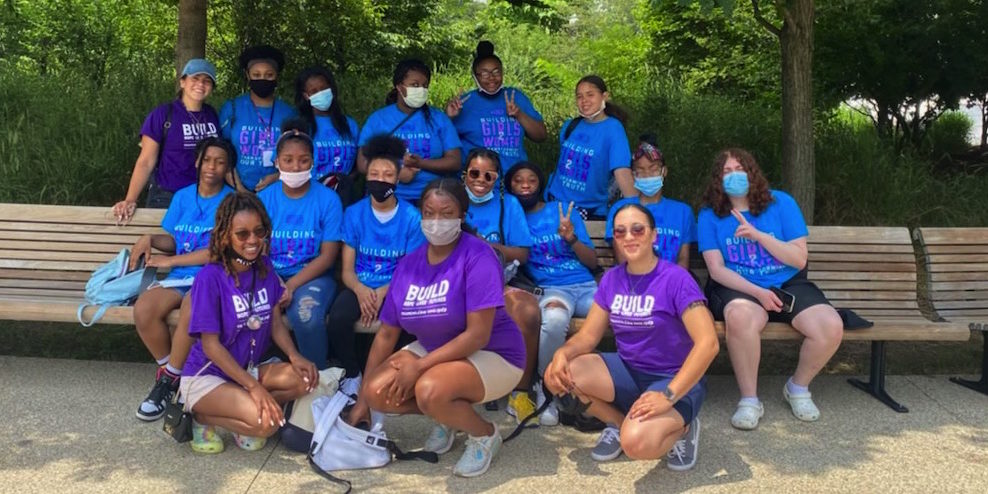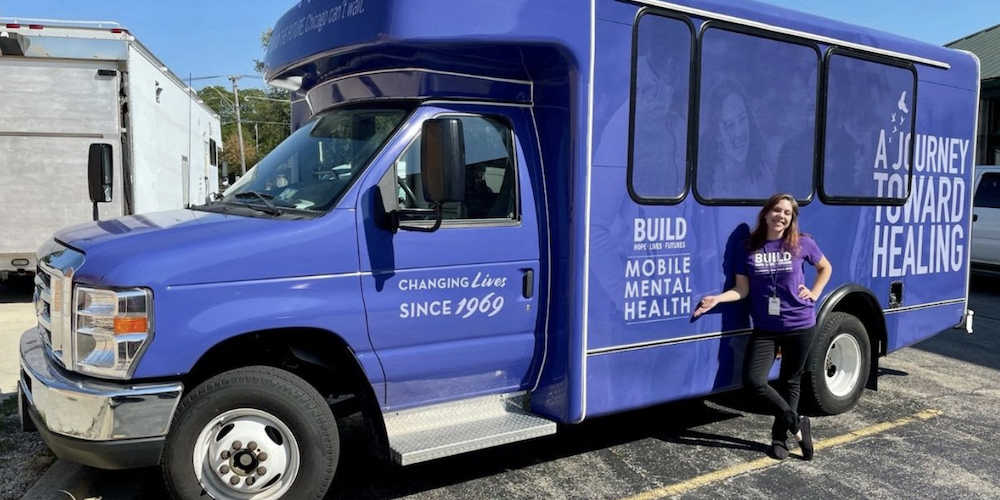Clinical care for trauma and mental health through individual and group therapy, telehealth, on-call community violence crisis response, support groups, and outreach.
For children in BUILD’s neighborhoods, exposure to violence and trauma is part of growing up. BUILD’s Mental Health Program is designed to increase access to mental health care and substance abuse treatment for young people impacted by these issues. Our Clinical Wellness teams offer onsite and school-based counseling, family services, art therapy, restorative justice programs and more. Counselors and therapists integrate their sessions with other BUILD programs, working to eliminate the stigma often associated with mental health care.
Services are provided at no cost.
Wellness Services

Community Mental Health
BUILD’s Mental Health Program is designed to increase access to mental health care and substance abuse treatment for young people impacted by violence and trauma and address behavioral and social determinants of health and health disparities for the high need youth we serve in five of Chicago’s most challenged communities. BUILD's peer support groups is a regular gathering that brings individuals together, overseen by a trained peer support specialist or facilitator, to talk with one another about their experiences, struggles and challenges.

Community Support Services
Conduct outreach, awareness, and advocacy to help residents access health benefits and services, knowledge about health issues, and connections to additional resources.
CSS provides crisis intervention, case management, and clinical services to youth and families impacted by violence. Additional services include grief and loss groups for young men and parents whose children have been victims of violence, safety relocations, creation of community healing spaces, and participation in the Austin Response Team, designed to anticipate and address violent situations before they occur and provide resources and support if necessary.

Gender Based Programs
BUILDing Girls 2 Women (BG2W) and BUILDing Boys 2 Men (BB2M) are clinical wellness and mentoring programs for female and male-identified youth who have experienced trauma or may be involved in the justice system. Through both group and individual counseling, participants explore their own identities while embracing their cultures to develop self-esteem, self-efficacy, and social-emotional health. Over the course of a full year, mentors and therapists provide the support they need to resist violence and crime, reclaim their own narratives, become successful and transform their truth.

Community Mobile Mental Health Response Team
The Mobile Mental Health (MMH) team travels to a variety of locations to offer access to community residents to our integrated behavioral healthcare services. We recognize residents from youth to adult may be struggling to get behavioral healthcare through traditional means because of issues such as transportation, family, or changeable work schedules. The mobile clinic is a secure, private space with the same mental health counseling services, health education and information provided in our traditional office spaces. Walk-ins are welcome; appointments encouraged and can be scheduled using the link below.
Need help? Please contact our Director of Clinical & Community Wellness Programs,
Durrell Sheppard at durrellsheppard@buildchicago.org or call 773-227-2880 for additional information.
Community Difference
88% of youth who said they needed assistance with conflicts reported increasing their conflict resolution skills.
84% of youth who reported emotional struggles said they improved their ability to manage their emotions.
81% of youth reported being more hopeful about their future.
96% of court-involved youth did not recidivate after enrolling with BUILD (statewide IL youth average: 27%).
87% of court-involved youth were assessed as “high or very high” recidivism risk when they first enrolled; after less than one year, only 11% were.
